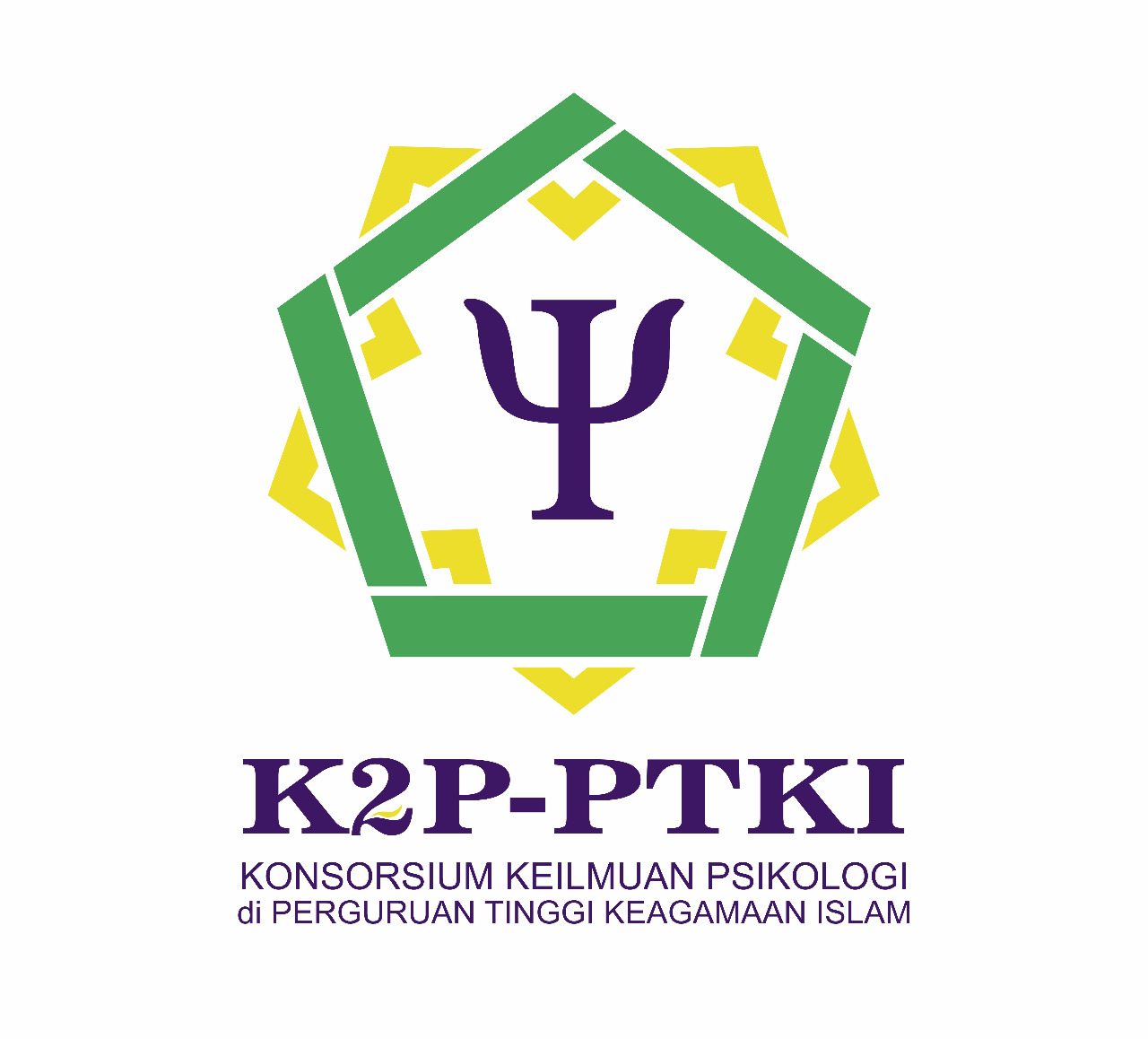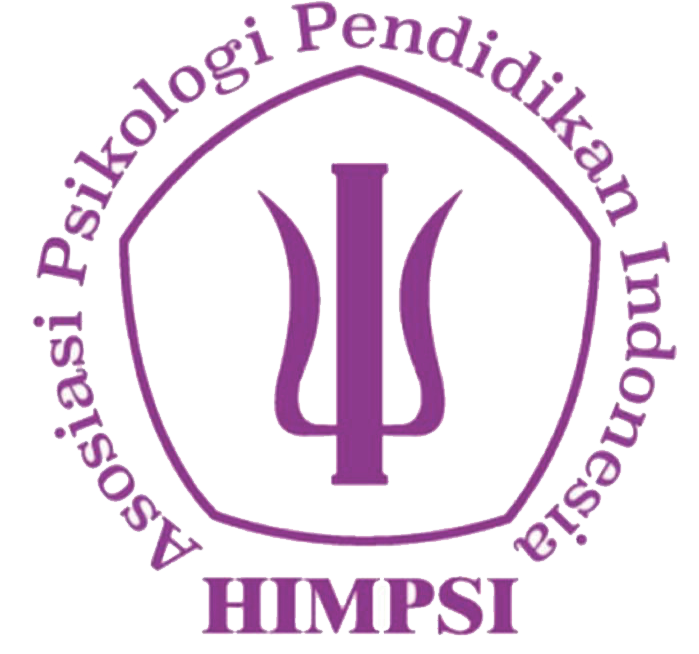Manifestation of Patience as a Coping Mechanism in Islamic Psychology: A Comparative Analysis of Sociocultural Contexts of Indonesian and Egyptian Students
Abstract
This study analyzes the manifestation of patience as a coping mechanism in Islamic psychology, focusing on the comparison of sociocultural contexts between Indonesian and Egyptian students. The background of this study emphasizes the importance of patience as a stress management strategy in Islam, which can be affected by cultural differences. The research used a mixed-method approach, combining a quantitative survey and qualitative interviews. The survey involved 100 university students, 50 each from Indonesia and Egypt, to measure the level of patience and coping mechanisms, while in-depth interviews were conducted with 20 students to explore their sociocultural understanding. The results showed that there were no significant differences between Indonesian and Egyptian students in terms of manifestations of patience, with identical mean scores of sociocultural context and coping mechanisms in both groups (82.54 and 82.96). However, qualitative interviews revealed differences in how they interpreted patience; Indonesian students tended to see patience as a means of maintaining social harmony, while Egyptian students emphasized the spiritual aspect guided by religious teachings. The conclusion of this study is that patience as a coping mechanism in Islamic psychology has a universal foundation, but the sociocultural context affects its interpretation and application. The findings have significance for the development of culturally sensitive psychological interventions, especially in supporting Muslim students in dealing with academic stress and other life challenges.
Keywords
Full Text:
PDFReferences
Afonne, A. J. (2023). Stress, stressors, stress responses and coping strategies among student nurses in Anambra State, South-East Nigeria. Advances in Health and Behavior, 6, 263-274. doi:10.25082/AHB.2023.01.003
Allifa, A. M. (2023). Nrimo Ing Pandum a Positive Energy in Organizational Change. In International Conference of Psychology: International Conference on Indigenous Treatment and Contemporary Psychology (ICoP 2022).
Aprilianti, E. (2024). Integrating Islamic Psychological Principles in Enhancing Students' Academic Resilience. Nusantara Journal of Behavioral and Social Sciences, 3(2), 63-72. doi:10.47679/202246
Aristovnik, A. K. (2020). Impacts of the COVID-19 pandemic on life of higher education students: A global perspective. Sustainability, 12(20), 8438. doi:10.3390/su12208438
Baysal, M. (2022). Positive psychology and spirituality: A review study. Spiritual Psychology and Counseling, 7(3), 239-288. doi:10.37898/spc.2022.7.3.179
Bieda, A. H. (2019). Happiness, life satisfaction and positive mental health: Investigating reciprocal effects over four years in a Chinese student sample. Journal of Research in Personality, 78, 198-209. doi:10.1016/j.jrp.2018.11.012
Biggs, A. B. (2017). Lazarus and Folkman's psychological stress and coping theory. . The handbook of stress and health: A guide to research and practice, 349-364.
Borges, C. C. (2021). Association between spirituality/religiousness and quality of life among healthy adults: a systematic review. Health and Quality of Life Outcomes, 19, 1-13. doi:10.1186/s12955-021-01878-7
Deng, J. Z. (2021). he prevalence of depressive symptoms, anxiety symptoms and sleep disturbance in higher education students during the COVID-19 pandemic: A systematic review and meta-analysis. Psychiatry research, 301, 113863. doi:10.1016/j.psychres.2021.113863
Ebrahimi, M. (2017). Islamic identity, ethical principles and human values. European Journal of Multidisciplinary Studies, 2(6), 325-336. doi:10.26417/ejms.v6i1.p325-336
Esmatt, L. H. (2024). Sufi Education According to The Shadhiliyya Method in The Islamic Society in Egypt and Indonesia: A Comparative Descriptive Case Study. Journal of Educational Analytics, 3(3), 457-476. doi:10.55927/jeda.v3i3.9950
Ghea. (2024, April 19). Depresi pada Mahasiswa. Dipetik Agustus 28, 2024, dari https://www.kompas.id/baca/opini/2024/04/18/depresi-pada-mahasiswa
Knapp, S. &. (2022). Stress and coping with stress. Stress and Coping with Stress. doi:10.4324/9780367198459-REPRW91-1
Lam, B. H. (2019). Social support, student outcomes and teaching strategies. ocial support, well-being, and teacher development, 135-192. doi:10.1007/978-981-13-3577-8_4
Lestari, M. H. (2024). Internalizing an Islamic Culture of Inner and Social Peace to reduce Student Aggression in Higher Education. Islamic Guidance and Counseling Journa, 7(2). Diambil kembali dari https://journal.iaimnumetrolampung.ac.id/index.php/igcj/article/view/4888
Mofatteh, M. (2021). Risk factors associated with stress, anxiety, and depression among university undergraduate students. AIMS public health, 8(1), 36. doi:10.3934/publichealth.2021004
Nicosia, P. S. (2017). Faith-based Peacebuilding: Insights from the Three Main Monotheisms. Athens Journal of Social Sciences, 4(1), 7-24. Diambil kembali dari https://www.athensjournals.gr/social/2017-4-1-1-Nicosia.pdf
Othman, N. (2019). Islamic counselling: An integrated approach in promoting psychological well-being. . International Journal of Academic Research in Business and Social Sciences, 9(3), 578-588. doi:10.6007/IJARBSS/V9-I3/5727
Rogers, A. (2020). Human behavior in the social environment: Perspectives on development, the life course, and macro contexts. Routledge.
Shanks, A. (2024). Apocalyptic Patience: Mystical Theology/Gnosticism/Ethical Phenomenology. Bloomsbury Publishing.
Stanisławski, K. (2019). The coping circumplex model: An integrative model of the structure of coping with stress. Frontiers in psychology, 19, 694. doi:10.3389/fpsyg.2019.00694
Supriyadi, T. H. (2024). Religious Literacy Reinforcement-Based Tolerance Education: A Didactic Reflection Method on Islamic Religious Education Through Action Research. International Journal of Religion, 5(6), 886-900. doi:10.61707/kgte7813
Suroso, A. H. (2021). Challenges and opportunities towards Islamic cultured generation: socio-cultural analysis. Linguistics and Culture Review, 5(1), 180-194. doi:10.21744/lingcure.v5n1.1203
Teixeira, R. J. (2018). he impact of coping strategies of cancer caregivers on psychophysiological outcomes: an integrative review. Psychology research and behavior management, 207-215. doi:10.2147/PRBM.S164946
Ulukan, H. &. (2021). Investigation of the Relationship between Psychological Resilience, Patience and Happiness Levels of Physical Education Teachers. International Journal of Educational Methodology, 7(2), 335-351. Diambil kembali dari https://eric.ed.gov/?id=EJ1297638
Wuthrich, V. M. (2020). Academic stress in the final years of school: A systematic literature review. Child Psychiatry & Human Development, 51(6), 986-1015.
DOI: https://doi.org/10.18860/psikoislamika.v21i2.29006

This work is licensed under a Creative Commons Attribution-NonCommercial-ShareAlike 4.0 International License.

------------------------------------------------------------------------------------------

pSIKOISLAMIKA by http://ejournal.uin-malang.ac.id/index.php/psiko is licensed under a Creative Commons Attribution-NonCommercial-ShareAlike 4.0 International License.


.jpg)


.jpg)





